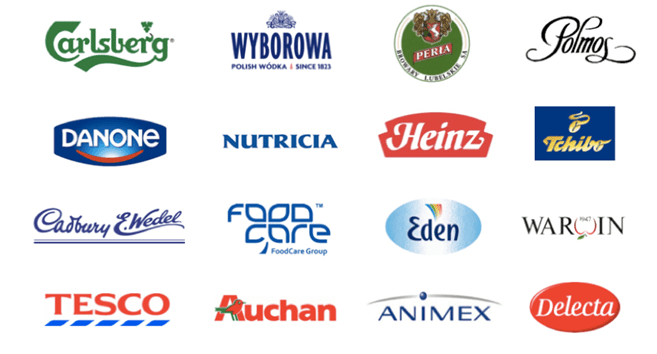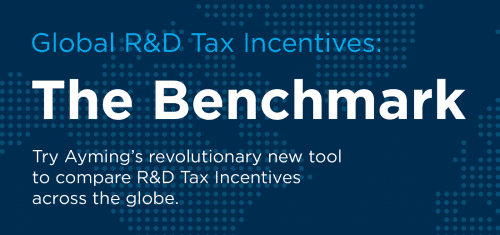How to finance new ideas to meet the expectations of demanding customers?
The food industry is one of the most competitive sectors on the Polish market. On the one hand companies need to make sure their products are of high quality and extend their offer to satisfy growing customer expectations. On the other hand, they are on the verge of a technological revolution where the key role will be that of Big Data, labour automation, digital transformation, e-commerce and customer experience. We cannot forget about such fundamental issues as building a chain of supply and choosing an efficient marketing and sales strategy.
In such a difficult business environment it is necessary to use available options of reducing operating costs and to gain funds for development works. In order to keep up with the competition and to meet market requirements, food industry companies should focus on R&D activities and look for unobvious sources of savings which are offered by real property tax rate verification and accident premium verification.
Chosen credentials


We advise our clients on how to optimise operations and we offer comprehensive consulting services in the following areas:
- innovation financing: R&D tax relief, IP Box, subsidies
- tax on real property, real property tax settlement on new investments and cost segregation
- labour costs: accident insurance premium, PFRON (State Fund for Rehabilitation of Disabled Persons) contributions
Ayming’s experience – real property tax in the food industry
Companies from the food industry own large undeveloped areas of land, sewage treatment plants, storage buildings (e.g. for seeds) or facilities dedicated to special branches of agricultural production. This diversity of asset components often leads to wrong classification of building structures to tax categories.
Food companies often own large areas of undeveloped land where they do not carry out operations, as their investments are still in the planning phase or the land is a green belt that separates the facility from the surrounding residential buildings. In those cases relevant statutory exemptions or tax reliefs can be applied.
It sometimes happens that company assets include special purpose buildings. These are farm buildings and storage buildings used e.g. for seed storage. Owning this kind of building structures allows the entrepreneurs to apply preferential lower tax rates or tax exemptions.
What is typical of the food industry is that enterprises use their own sewage treatments plants. Inappropriate classification of particular elements of a sewage treatment plant and their incorrect distinction cause complications which – as a result – lead to higher tax basis.
Ayming’s experience – accident insurance premium for the food industry
Some of the harmful factors that occur in the food industry include first of all work in the so called cold microclimate, i.e. working at a very low temperature, which has direct impact upon the employees’ comfort and health. Many entrepreneurs have a problem with determining the right number of people working in cold microclimate. This is due to unclear regulations and lack of allowable standard.
It is a challenge for the food industry to maintain low accident rate. Many of the reported incidents are related to trivial accidents, such as contusions, abrasions or bruises. These incidents usually take place around the storage area and can be easily limited by regular preventive or informative activities.


